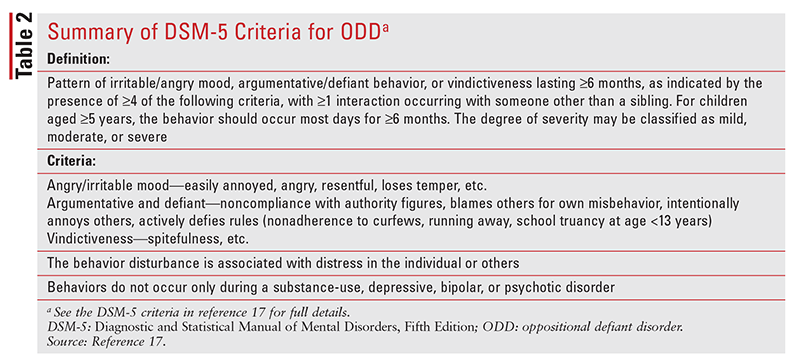

However, the presence of certain symptoms that are not characteristic of a 'normal' grief reaction may be helpful in differentiating bereavement from a Major Depressive Episode.
#INTERMITTENT EXPLOSIVE DISORDER DSM 5 MANUAL#
The diagnosis of Major Depressive Disorder is generally not given unless the symptoms are still present 2 months after the loss. The Diagnostic and Statistical Manual of Mental Disorders, Fifth Edition (DSM-5) includes IED among impulse control disorders, marked by problems controlling emotions and behavior, which violate. Intermittent explosive disorder involves repeated, sudden episodes of impulsive, aggressive, violent behavior or angry verbal outbursts in which you react grossly out of proportion to the situation. The duration and expression of 'normal' bereavement vary considerably among different cultural groups. ntermittent explosive disorder DSM 5 from the American Psychiatric Association is defined as recurrent behavioral outbursts representing a failure to control aggressive impulses.

As part of their reaction to the loss, some grieving individuals present with symptoms characteristic of a Major Depressive Episode (e.g., feelings of sadness and associated symptoms such as insomnia, poor appetite, and weight loss.) The bereaved individual typically regards the depressed mood as 'normal,' although the person may seek professional help for relief of associated symptoms. These are a loosely grouped set of conditions that all feature behavior that is acted out in an uncontrolled/impulsive manner that often has self-destructive consequences. can be used when the focus of clinical attention is a reaction to the death of a loved one. When does a "normal grief reaction" become a debilitating, prolonged and potentially life-threatening mental disorder? Bereavement (V62.82) is a category that:

DSM-IV-TR draws a distinction between natural or "normal" and pathological bereavement.


 0 kommentar(er)
0 kommentar(er)
